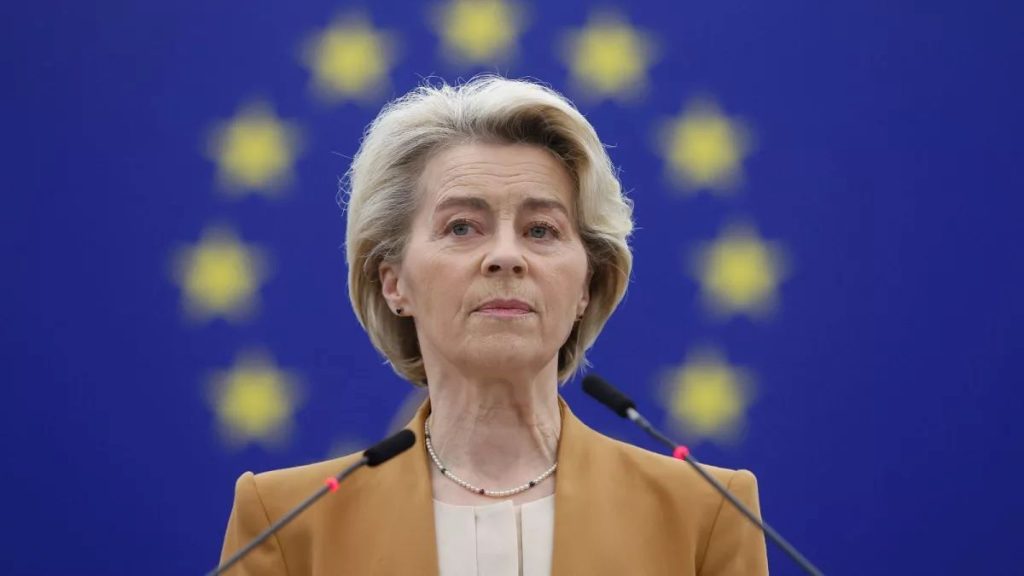EU Commission Proposes Suspending Trade Benefits for Israeli Exports

The European Commission has proposed suspending certain trade benefits for Israeli goods, a move that could affect around €5.8 billion ($6.87 billion) in exports. The proposal comes in response to the ongoing conflict in Gaza and concerns about the humanitarian situation. However, the measure currently does not have enough support among European Union member states to move forward.
EU foreign policy chief Kaja Kallas has also put forward a proposal for targeted sanctions against two Israeli government ministers, certain Israeli settlers accused of violence, and ten senior members of the Palestinian group Hamas.
The two ministers identified are National Security Minister Itamar Ben-Gvir and Finance Minister Bezalel Smotrich.
Trade Impact and Legal Basis
The European Union is Israel’s largest trading partner, with bilateral goods trade totalling €42.6 billion in the previous year. If the proposal to suspend the preferential trade arrangement is adopted, Israeli exports would become subject to the same tariffs as countries without a free trade agreement with the EU.
A senior official from the Commission estimated that this change could result in approximately €227 million annually in added tariffs for Israeli goods.
Israeli Foreign Minister Gideon Saar criticised the proposal, describing it as “morally and politically distorted” and expressed hope that it would not be adopted.
EU Member States Divided
For the suspension to take effect, it would require approval from a qualified majority of EU countries—at least 15 out of 27 member states, representing at least 65% of the EU’s population. Diplomats say the proposal currently lacks sufficient backing, with the position of Germany, a key member state, being especially influential. The German government stated that it has not yet taken a final position and emphasised the need to keep communication open with Israel.
The proposed sanctions on Israeli ministers and individuals associated with Hamas would require unanimous support from all EU member states, a threshold that appears difficult to reach at this stage.
While public opinion in some EU countries has shifted due to the scale of the conflict, Kallas noted that political positions among member governments have remained largely unchanged. Nonetheless, the proposals reflect a shift in the EU’s approach to its relationship with Israel.
Background on the Conflict
The latest escalation began in October 2023 when Hamas launched an attack that killed around 1,200 people and led to the capture of 251 hostages, according to Israeli figures. In response, Israel launched a military campaign in Gaza. Palestinian health authorities in Gaza report that more than 64,000 people have been killed during the ongoing operation.
The European Commission is also reviewing aspects of its cooperation with Israel. While certain forms of bilateral support are being paused, this does not apply to projects involving Israeli civil society or Yad Vashem, Israel’s national Holocaust memorial institution.
